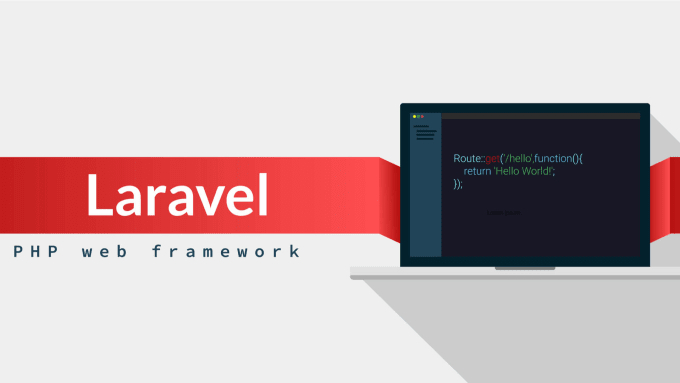
Behind the Curtain: The Magic of Backend Development
The internet is a vast and ever-evolving landscape, with countless websites vying for our attention. But have you ever stopped to wonder what powers these digital marvels? What makes them tick? The answer lies in the realm of backend web development, the unseen engine that drives the functionality and performance of websites and applications.
What is Backend Web Development?
Backend web development refers to the server-side of a website or application. It's the code that runs on servers, databases, and other infrastructure that you don't see directly. While frontend developers craft the beautiful interfaces we interact with, backend developers build the robust systems that make it all possible.
What Does a Backend Developer Do?
Backend developers wear many hats. They are responsible for a variety of tasks, including:
Building and maintaining databases: These store all the data that powers a website, from user accounts to product information.
Writing server-side code: This code processes user requests, interacts with databases, and generates dynamic content.
Creating APIs: APIs (Application Programming Interfaces) act as bridges between the frontend and backend, allowing them to communicate and exchange data.
Ensuring security: Backend developers implement measures to protect websites from hackers and other threats.
Optimizing performance: They make sure websites load quickly and function smoothly, even under heavy traffic.
Why is Backend Web Development Important?
A strong backend is the backbone of any successful website or application. It's what keeps things running smoothly, securely, and efficiently. Without skilled backend developers, we'd be left with glitchy websites, slow loading times, and even data breaches.
Essential Skills for Backend Developers
If you're tertarik in becoming a backend developer, here are some essential skills you'll need:
Programming languages: Popular choices include Python, Java, PHP, Ruby, and JavaScript (Node.js).
Databases: Familiarity with SQL and NoSQL databases is crucial.
Server-side frameworks: Frameworks like Django, Rails, and Spring Boot can make development faster and more efficient.
APIs: Understanding how APIs work is essential for building well-integrated systems.
Problem-solving skills: Backend development is all about troubleshooting and finding solutions to complex problems.
The Future of Backend Web Development
The backend development landscape is constantly evolving. Here are some trends to watch out for:
The rise of cloud computing: More and more backend systems are being deployed in the cloud, offering scalability and flexibility.
Increased focus on security: As cyber threats become more sophisticated, backend developers will need to prioritize security measures.
The adoption of new technologies: Artificial intelligence, machine learning, and blockchain are just a few examples of emerging technologies that are transforming backend development.
Conclusion:
Backend web development is a challenging but rewarding field. It's the perfect career path for anyone who loves problem-solving, enjoys working behind the scenes, and wants to be at the forefront of technological innovation. So, if you're looking for a career that's both intellectually stimulating and in high demand, backend web development might be just the ticket for you.



Leave a Reply